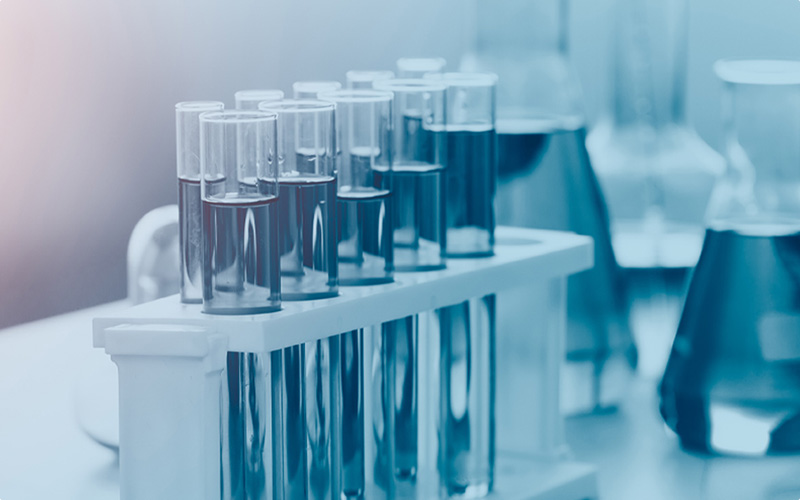Health and Longevity
Aiming for a World Where Everyone Can Live Healthily

Medical advancements have saved countless lives and protected people’s health. What kind of world can we envision where medical barriers are overcome and even more people can lead healthy lives?
Deep Tech Addressing global challenges
-
AI-powered Analysis
AI-powered analysis is a technology that processes medical records, imaging data, and genomic information to enable early disease detection and prediction of future health risks. For example, AI supports the identification of cancer and neurological disorders using CT and MRI images, predicts the risk of diabetes and cardiovascular diseases based on health checkup data, and Identify disease-associated genes through large-scale genomic analyses involving hundreds of thousands of samples. Research and practical applications in these areas are rapidly advancing. By complementing physicians’ clinical decisions, AI analysis serves as a foundation for highly accurate and personalized medicine.
-
Cell Therapy
Cell therapy is a treatment approach in which cells collected from a patient or donor are processed outside the body and then reintroduced to support healing. By utilizing a patient's own cells, Side effects can be minimized, unlocking new possibilities for conditions that were previously difficult to treat. For example, research is advancing in areas such as repairing damaged tissues by differentiating iPS cells into cardiac muscle or neural cells, and targeting cancer with CAR-T therapy, which involves the genetic modification of immune cells. Clinical applications of cell therapy are expanding, and we anticipate its use will continue to grow across a wide range of diseases.
-
Drug Discovery
In drug discovery, AI is being leveraged throughout the entire process. By analyzing genomic and clinical data, AI helps identify disease-related targets, predicts molecular structures, and screens millions of compounds to pinpoint promising candidates. It can also simulate drug efficacy and potential side effects. During clinical trials, genetic information is used to identify patient subgroups most likely to benefit from the treatment. These efforts are expected to shorten development timelines and enable the fasterand safer delivery of innovative drugs that support personalized medicine.
-
Telemedicine
Telemedicine enables patients to receive medical consultations and guidance from doctors, even when they are far from a healthcare facility. With smartphone-based medical apps, patients can access care from home, bridging the gap between urban and rural healthcare services. The use of medical-grade smartwatches that monitor heart rate and blood pressure, continuous glucose monitors (CGMs) for 24-hour blood sugar tracking, and specialized devices for detecting epileptic seizures is also expanding. Additionally, initiatives that incorporate genetic testing results to recommend treatments tailored to individual patient profiles are gaining traction. These advancements are paving the way for a future where everyone has access to high-quality healthcare.
